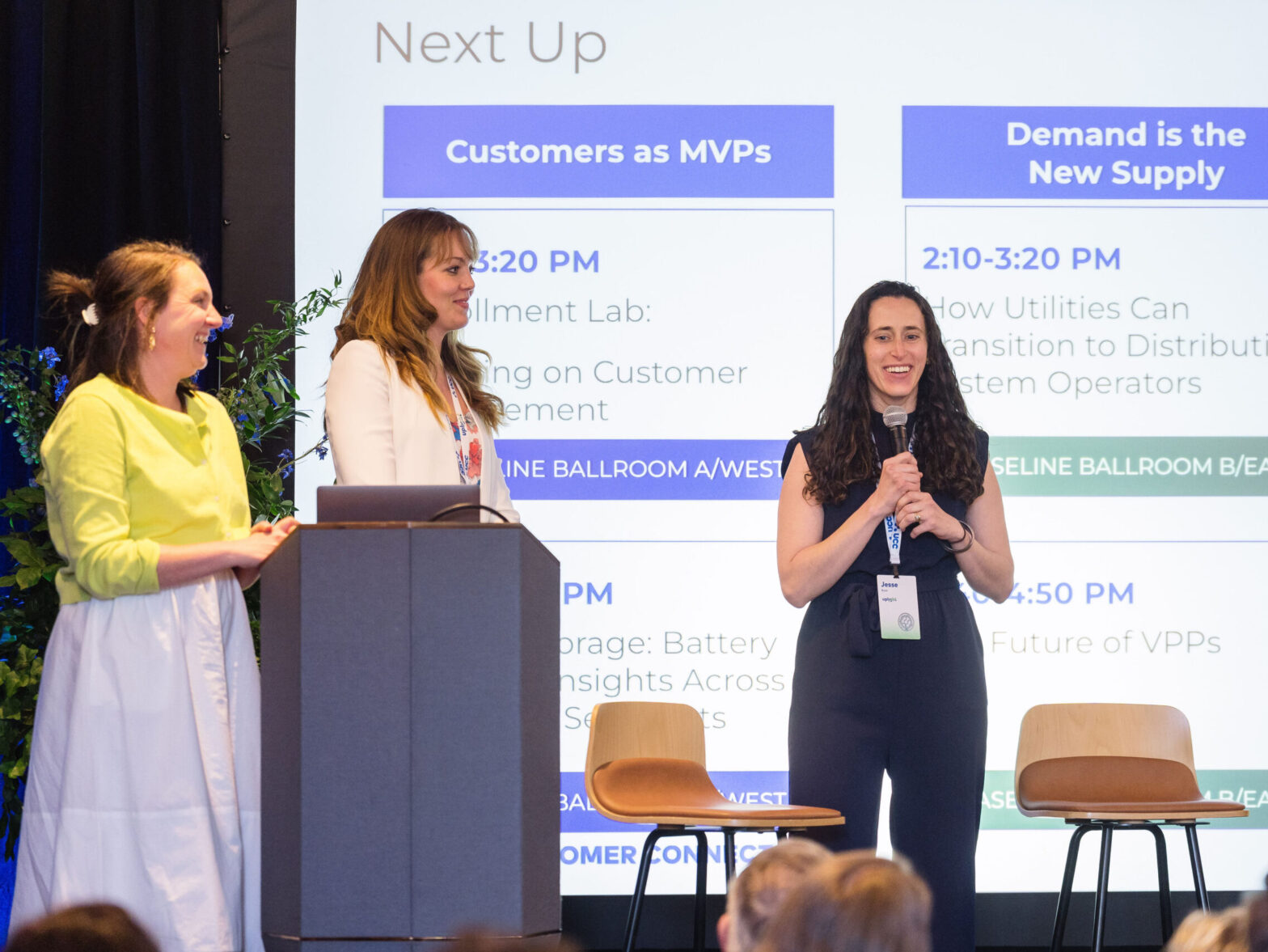Looking back on 2019, there’s a new category of utility software technology beginning to emerge. It’s not horizontal CIS, CRM, or ERP. It’s vertical software developed specifically for the utility industry to manage the customer energy experience. Here’s how I know.
First, vertical SaaS—cloud-hosted software developed for a specific industry vertical—is hot right now. According to a recent report from Software Equity Group, the vertical SaaS M&A market grew by 34 percent year-over-year in the third quarter of 2019, reaching an all-time high in terms of deal volume (meanwhile, the industry-agnostic horizontal SaaS market grew by less than 20 percent). This record level of activity in the vertical market indicates a consolidation of technology platforms and the potential for industry-specific category creation.
Second, while healthcare was once again the most active SaaS vertical wIth 28 third-quarter deals (it has led in deal count every quarter this year), the utility SaaS vertical is actually experiencing more growth. The launch of Uplight in the summer certainly provided a boost, when six companies became one to meet the growing needs of the utility industry. This will be something to watch moving forward.
Third, on the topic of healthcare SaaS, the vast majority of the recently acquired businesses in that vertical are developing software solutions that fall under the banner of “population health management,” including patient engagement, clinical analytics, and remote patient monitoring applications. According to health tech giant Philips, “Population Health Management is the aggregation of patient data across multiple health information technology resources, the analysis of that data into a single, actionable patient record, and the actions through which care providers can improve both clinical and financial outcomes.”
Data. Insights. Action.
Sounds familiar. That’s because we’ve built an analogous solution architecture for utilities to manage the customer energy experience and drive utility-specific business outcomes. It sits perfectly in the middle between the utility’s horizontal back-office and front-office IT systems: Data are aggregated across multiple legacy back-end and third-party systems, and centralized in our utility data lake; insights are mined from the underlying data with proprietary, energy-specific AI algorithms—appliance-level disaggregation, bottoms up consumption forecasting, HVAC health monitoring, TOU rate analytics, EV detection and thermostat optimization, to name a few; action recommendations are prioritized based on insights, and then delivered to individual homes and businesses over multiple customer engagement and communication channels.
Population health management is an entirely new category of healthcare technology that until recently simply didn’t exist. It emerged in response to a fundamental shift in healthcare from its traditional fee-for-service business model to value-based care, which incentivizes quality of patient outcomes over the quantity of care delivered. A similar pivot is underway in the utility industry, where the business model is shifting from the quantity of kilowatt-hours delivered to the quality of the customer energy experience, and that transition will likewise require an entirely new category of technology.
So we all should be closely watching this space. All the signs indicate that a new category of utility software is coming. It will be bigger than just “engagement” or “billing” or “energy efficiency.” It will be focused on the value of connectedness across the energy experience. And it will be purpose-built for the utility industry.




